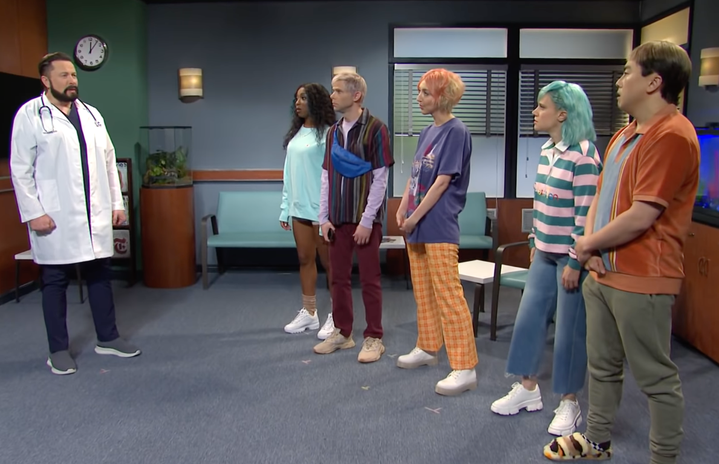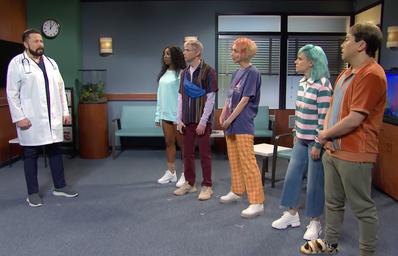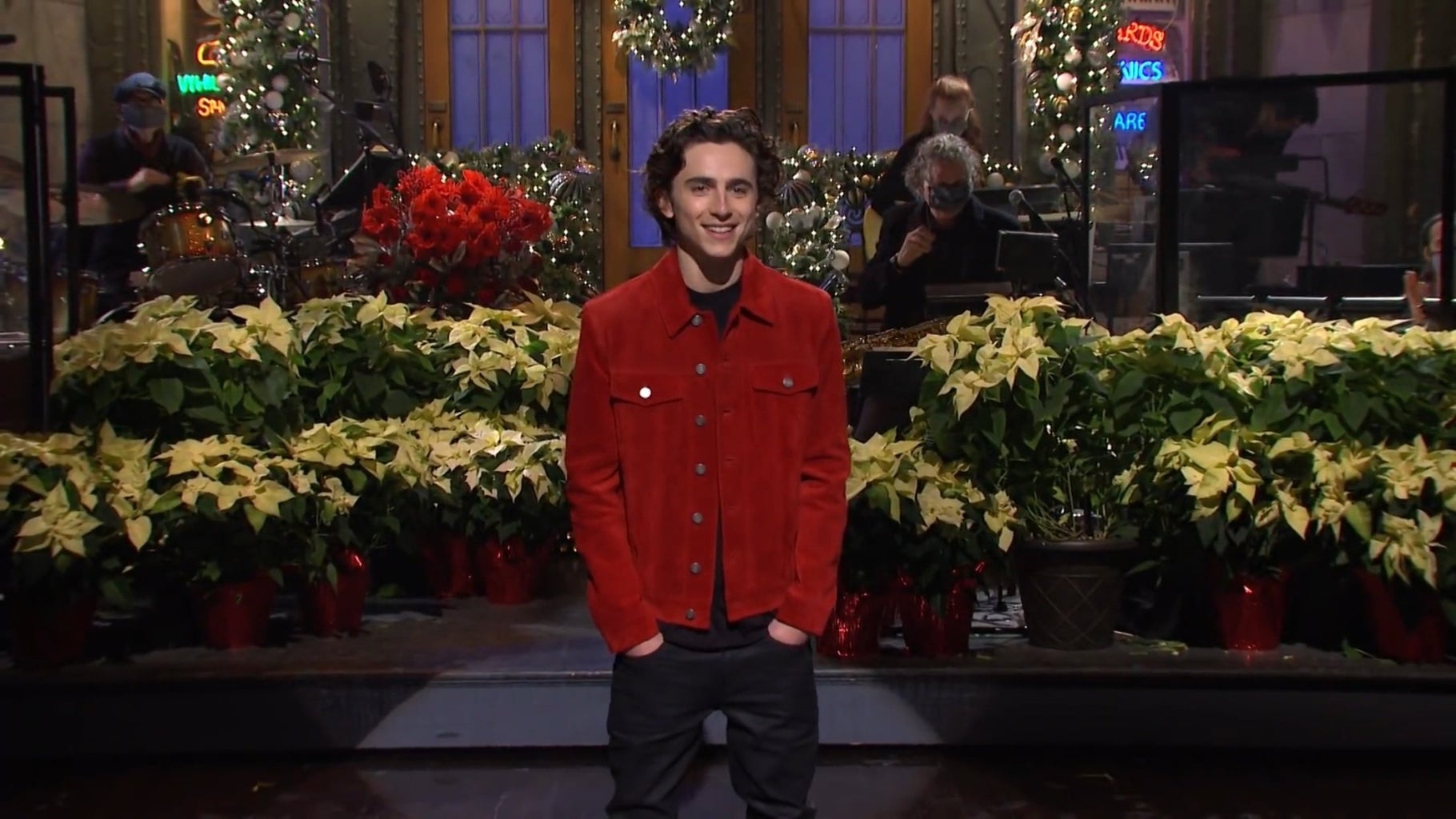Over the years, NBC comedy sketch show Saturday Night Live (SNL) has garnered a multitude of reputations. Some find that the show’s humor goes too far, while others feel that they play it too safe. What some fail to consider is that like many phenomena in the entertainment industry, SNL is an assortment of many things at once. Each cast member has a different style with which they perform, and each writer has a different skill set in terms of comedic writing. This is naturally going to produce a variety of performances that may sit with audiences differently.
Its success and audience favorability come in waves. It’s easy to say that SNL has experienced a steady decline in its humor, with many arguing that it stopped being funny entirely in recent years. Much of this argument is fueled by nostalgia. There is a common misconception that the show was hilarious in the 1970s and 1980s, and it has only gone downhill since.
To break down the question of whether SNL entirely stopped being funny compared to its previous seasons, it’s important to discuss how the show’s trajectory applies to many of the arguments levied against recent seasons.
While many of the show’s recent episodes can be difficult to get through, did the 1970s and 1980s truly comprise the show’s “golden age”? In watching some old skits from this era and listening to the commentary on them from other creators, I found that much of this era relied on what YouTube creator Drew Gooden refers to as “catchphrase comedy,” something that persisted for decades throughout the show. This kind of humor can be repetitive when not executed well, which is true for a lot of the humor used in these earlier seasons. While certain points at the beginning of the show were great, it also had seasons that were, at least in my opinion, not as funny as people seem to remember them as. The show’s saving grace was its overreliance on a few cast members, such as Eddie Murphy, who at times did the heavy lifting for the rest of the show.
There are a variety of points that have been widely considered “golden ages,” and others that are not so well-received. If you were to map the show out on a graph based on the sophistication of each season’s humor, it likely wouldn’t be a straight line that decreases exponentially with each era. There are constant shifts in quality throughout the seasons; some are transitional periods, some have the strength of a few comedic giants on their cast, and some have a variety of cast members that bring different skills to the table.
I personally experience much nostalgia for the 2000s era of SNL. This era was well-received, with the help of cast members such as Maya Rudolph, Jason Sudeikis, Andy Samberg and Amy Poehler, all of whom have achieved great success after their respective runs on the show. Still, like every season, there were some sketches that were made in poor taste. At some point, I could be the one looking at the era that I grew up on with rose-colored glasses.
There are still valid arguments that explain why people think that SNL is no longer funny, but these arguments should be examined with a shred of nuance. Many argue that the show has become “too political” recently, but I would counter that the show is not any more political now than it was in the past, and it’s important for the show to remain topical. I do, however, agree that the quality of their recent political humor has declined. Watching Alec Baldwin impersonate Donald Trump was amusing to me until it felt as if it was almost a weekly fixture of the show. It became repetitive, giving too much of the spotlight to a popular actor who had been on the show many times before and not enough of the spotlight to the show’s underappreciated cast members. It may be less of an issue with politics and more of an issue with repetitiveness.
While these criticisms are fair, the current immediacy of social media has an impact on the way that we consume comedy that cannot be understated. Now, if an episode has both “good” and “bad” sketches, the “bad” sketches will be the ones to gain the most media traction, purely based on how easy it is for people to immediately pick a sketch apart on social media. Before social media had such a large presence, the “good” sketches in any given episode were remembered, and the “bad” ones were largely forgotten and not memorialized online the way that they are now.
At the end of the day, a professional comedian’s job is to impress their audience, and the cast members and writers on SNL are no different. Naturally, participating in such an iconic show will open some of these comedians, and even the show itself, to public criticism. Viewers have every right to be critical of the media that they consume and, on a more superficial level, there is nothing wrong with simply stating that you don’t find something funny. It only becomes an issue when audience members generalize that SNL was once in its prime, and it has only decreased in quality since.
People’s expectations progress constantly. Audience standards in comedy will never be denoted strictly, since they are so unpredictable, and it’s impossible to determine what everyone will find funny. I would not argue that SNL fully stopped being funny; rather, it has undergone a variety of transitional periods through its entire run that have generated a complex set of highs and lows within the show.
Want to see more HCFSU? Be sure to like us on Facebook and follow us on Instagram, Twitter, TikTok, YouTube and Pinterest!




